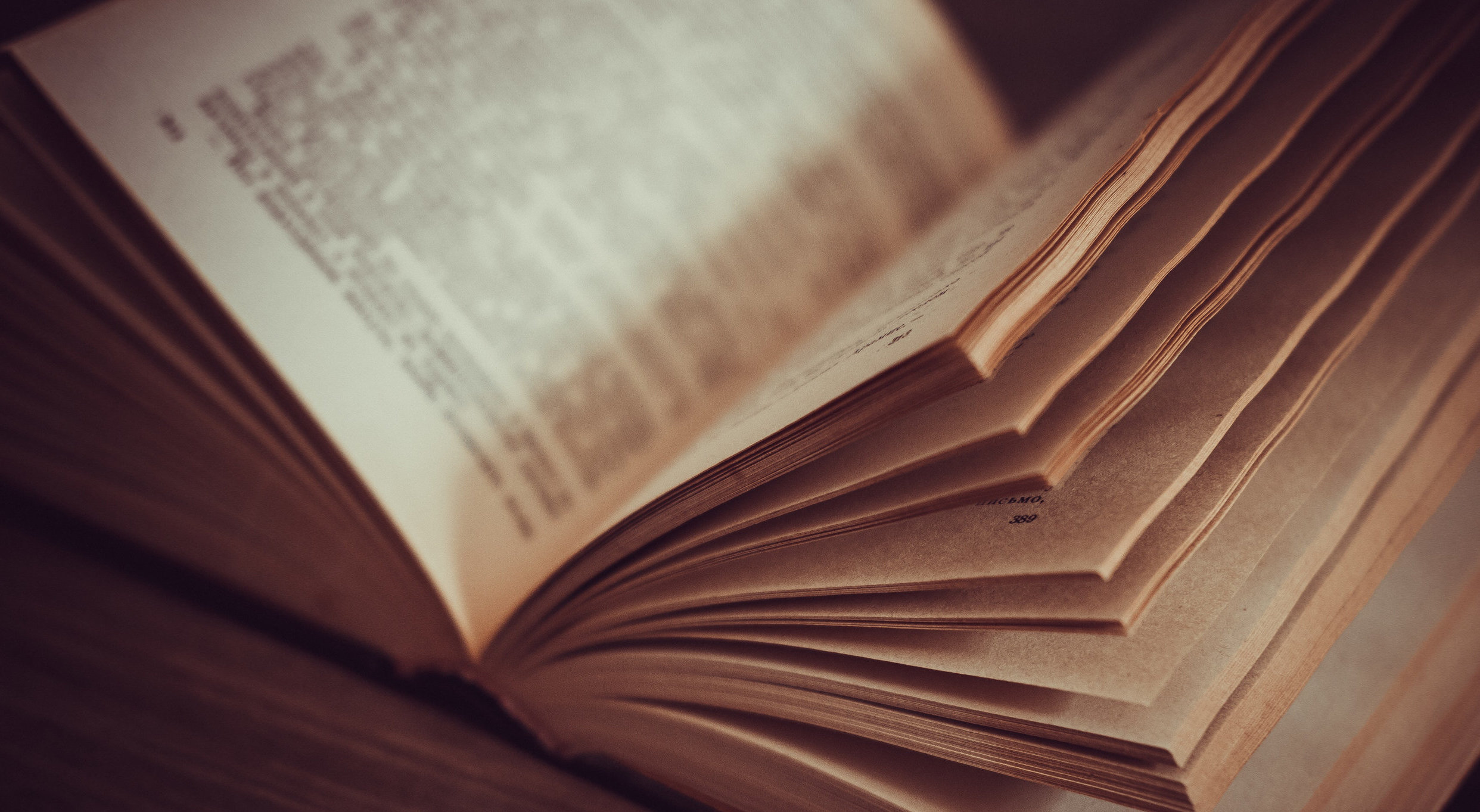What is Literary Analysis?
"Literary Analysis" is an unfortunate term in some respects. It sounds technical and complicated, and evokes images of scientific dissection, as if a story were being torn apart and impersonally scrutinized under a microscope.
We don't mean any of those things by the term "Literary Analysis," and until we think of a better phrase, we use this one in our own peculiar way.
To analyze something is to examine it closely so that you can understand it. When applied to literature, this simply means reading carefully to find out what the author is trying to say. The trouble is, "reading carefully" is easier said than done, especially before we have much experience with great literature.
Here's where "analysis" comes in. True analysis is simply recognizing the structural elements that make up any story (things like exposition, rising action, climax, denouement, and conclusion) and seeing how an author weaves them together to emphasize his main ideas. The process can dramatically deepen our understanding of his book, while also helping us enjoy it - after all, who can fully enjoy what he doesn't understand? This doesn't mean we will ever come to the end of our understanding of a book, but careful attention helps us experience, delight in, or be moved by a work of art in the way the artist intended.
There is danger in refusing to understand an author on his own terms: we may speak over him and come away touting our own opinions instead of engaging with his. As C.S. Lewis says in An Experiment in Criticism, we will only meet ourselves instead of expanding our experience. In the same way that paying close attention to a neighbor during a friendly conversation requires effort by the listener, reading carefully to uncover an author's meaning requires concentration and patience. The truth is, Literary Analysis is neither impersonal, technical, nor complicated - though it can be demanding! But the rewards are well worth the effort.

